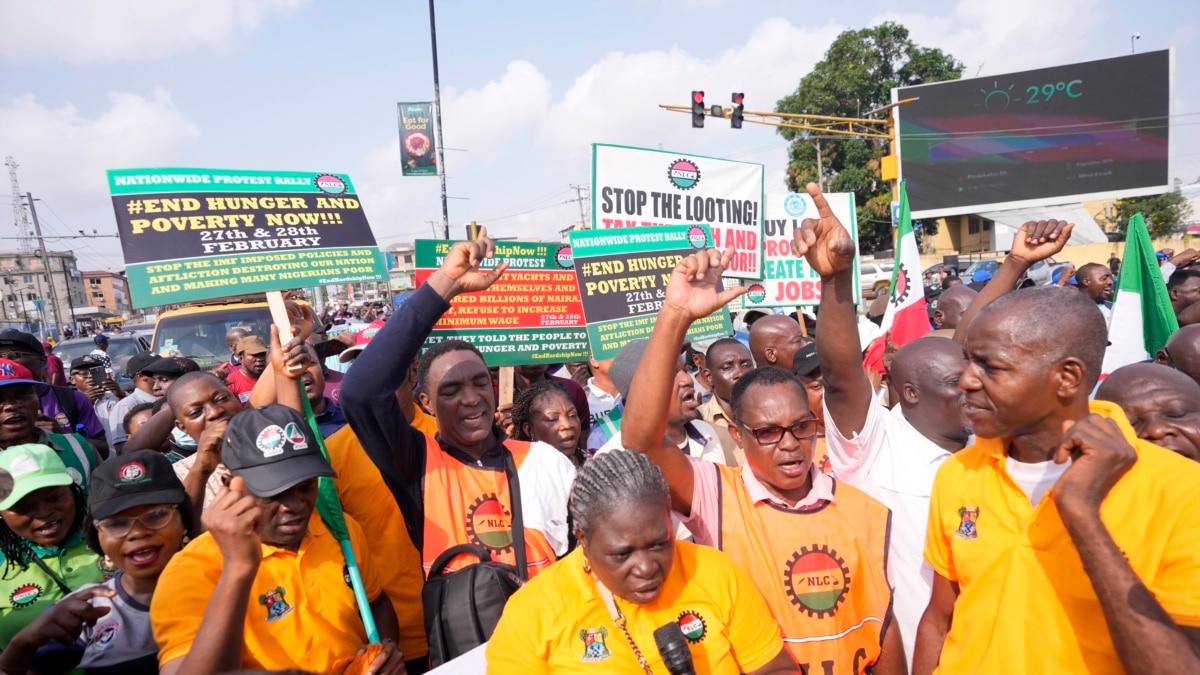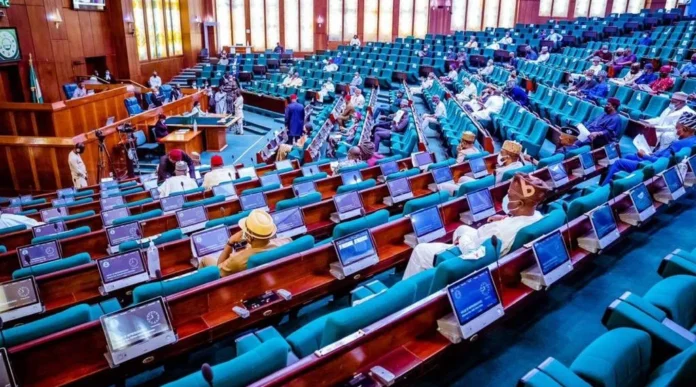The rising inflation and increasing food prices have caused significant unrest, leading to plans for a nationwide protest in all 36 states and the Federal Capital Territory (FCT). Despite the Federal Government’s announcement of dispatching 740 trucks of rice across these areas—20 trucks per state, each carrying 1,200 bags of 25kg rice—organizers of the protest, scheduled between August 1 and 10, insist on moving forward. The protest is named ‘Sóró Sókè,’ a Yoruba phrase meaning “speak out.”

Controversial Islamic scholar Sheik Ahmad Gumi has also encouraged Nigerians to express their dissatisfaction and push for government changes. He believes peaceful protests will effectively communicate public demands for better governance and development.
A widely shared social media flyer titled “End Bad Government in Nigeria 2024” outlines ten government policies that the organizers believe have caused undue hardship. Among their demands are ending the fuel subsidy scam, reducing fuel prices to below N300 per liter, lowering tertiary education fees, making electricity tariffs affordable, and disclosing and reducing lawmakers’ salaries and allowances. They also call for reforms in the Economic and Financial Crimes Commission (EFCC).
This planned protest has caused significant concern among Nigerian public officeholders, particularly lawmakers, who fear potential attacks. Last week, during a Senate plenary session, fears were expressed that the ongoing hardship might drive angry citizens to revolt. This concern was highlighted by Senator Sunday Karimi Steve of Kogi West and co-sponsored by Senator Ali Ndume Mohammed of Borno South. Former Senate president Ahmed Lawan warned that Nigerians’ patience was wearing thin and immediate action was needed to address acute hunger and rising prices.
“If we don’t take immediate action, we will lose power and face the wrath of our citizens. With increased fuel and electricity prices and no solutions in sight, we must ensure food availability,” Lawan emphasized.
Sheik Gumi, in a video shared by Daily Sun, reminded the public that former president Muhammadu Buhari had protested against the administration of Goodluck Jonathan. He argued that protests were a necessary tool to disturb politicians and push for change. “In 2015, Buhari and other APC officials protested against the previous government. Now, protests are deemed illegal,” Gumi noted, calling for peaceful demonstrations to make the government understand the public’s grievances.
Meanwhile, the Senior Special Assistant to the President on Community Engagement (North East), Abdulhamid Yahaya Abba, has advised youths in the North East against participating in the protests. Abba urged them to focus on productive activities and assured them of the government’s awareness of the hardships faced by Nigerians. He emphasized the importance of farming as a means to alleviate current difficulties and noted the government’s efforts to address food insecurity and improve electricity supply through initiatives led by the Rural Electrification Agency (REA).
On June 12, various civil society groups, including the Take It Back Movement, the Education Rights Campaign, the Coalition for Revolution, and the Socialist Workers League, organized protests against rising living costs, insecurity, and other critical issues. They carried signs with messages such as “President Tinubu, let the poor breathe,” “Pay living wages to all Nigerian workers now,” “End insecurity,” “Nationalize the power sector,” and “Reverse fee hikes now.”




